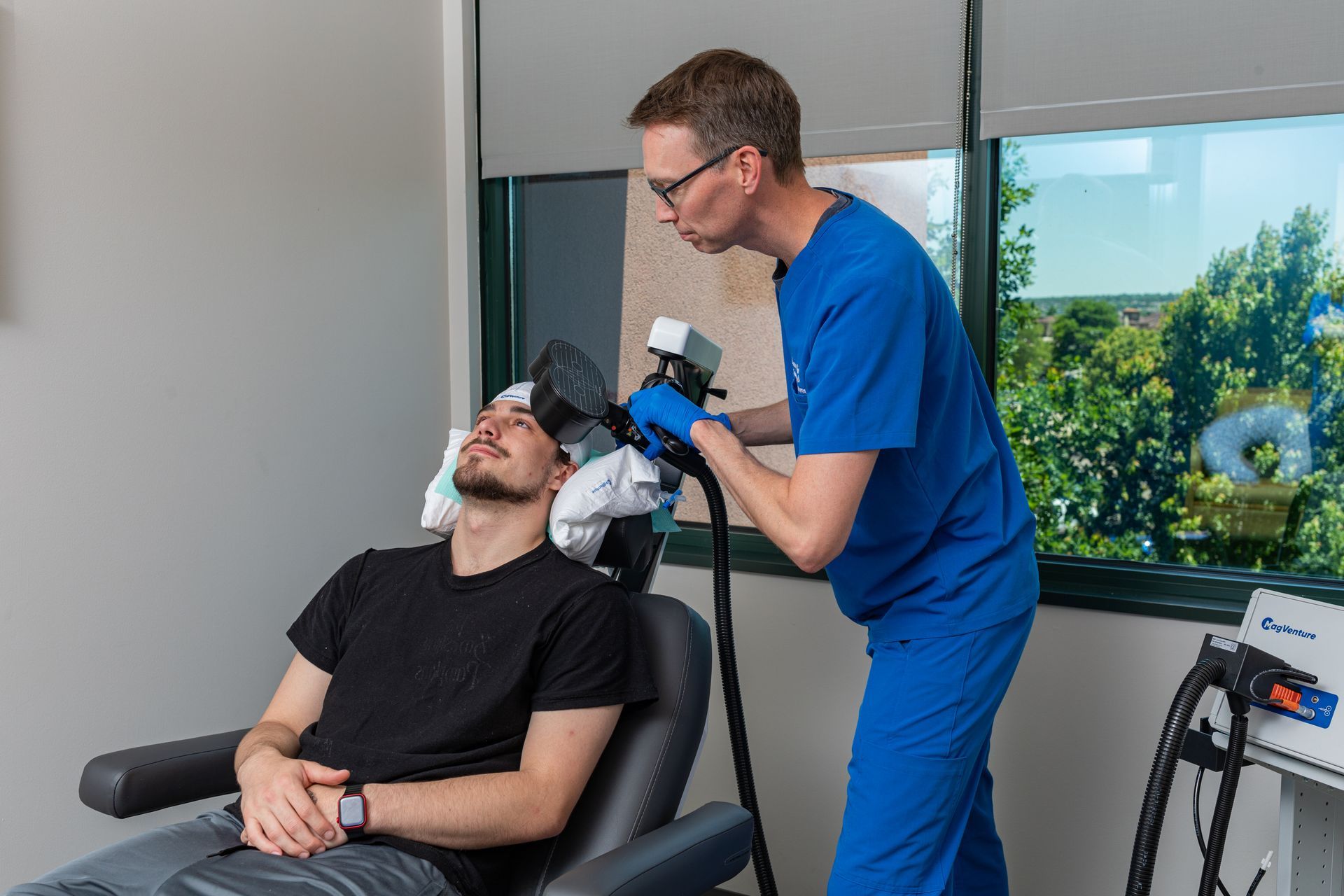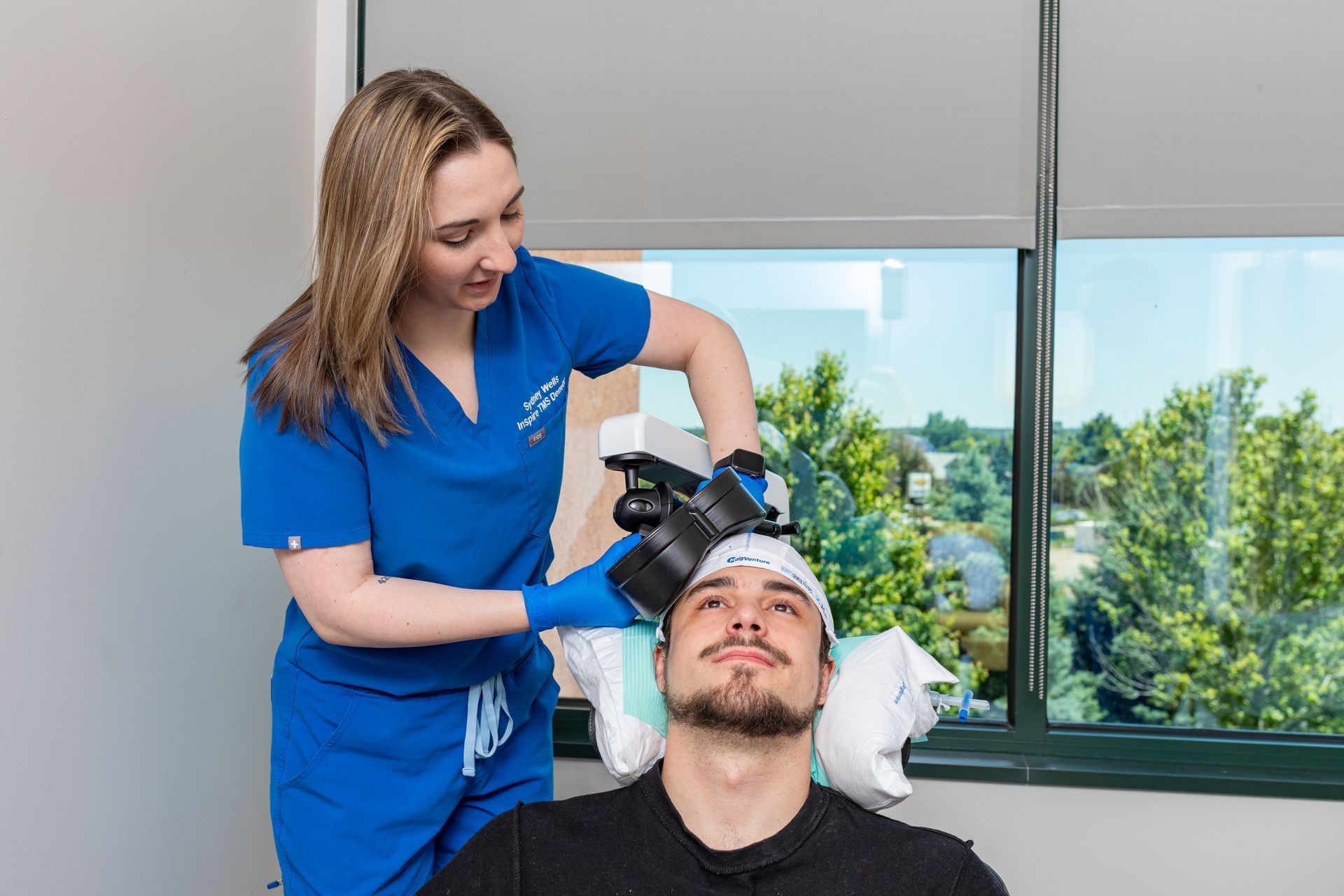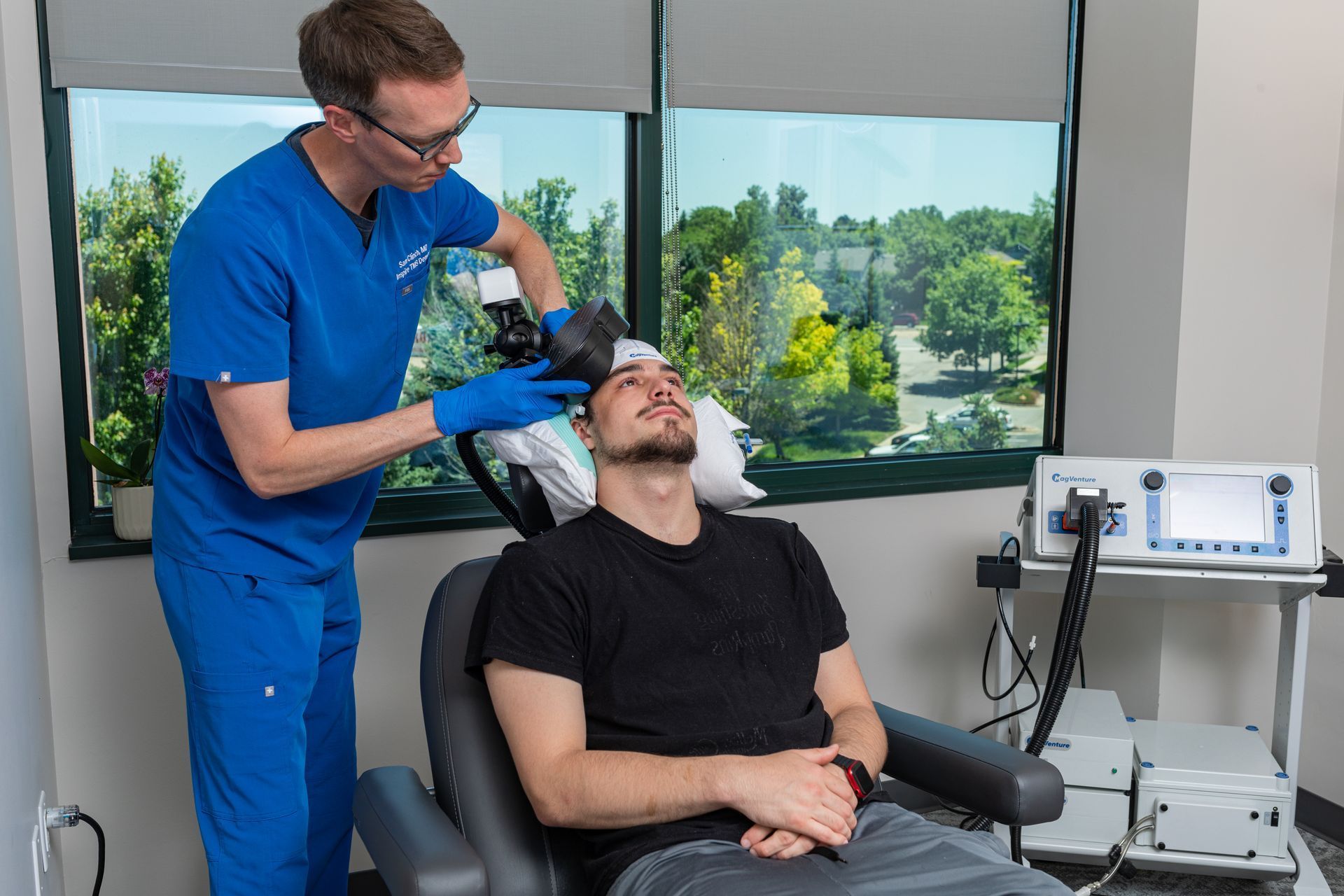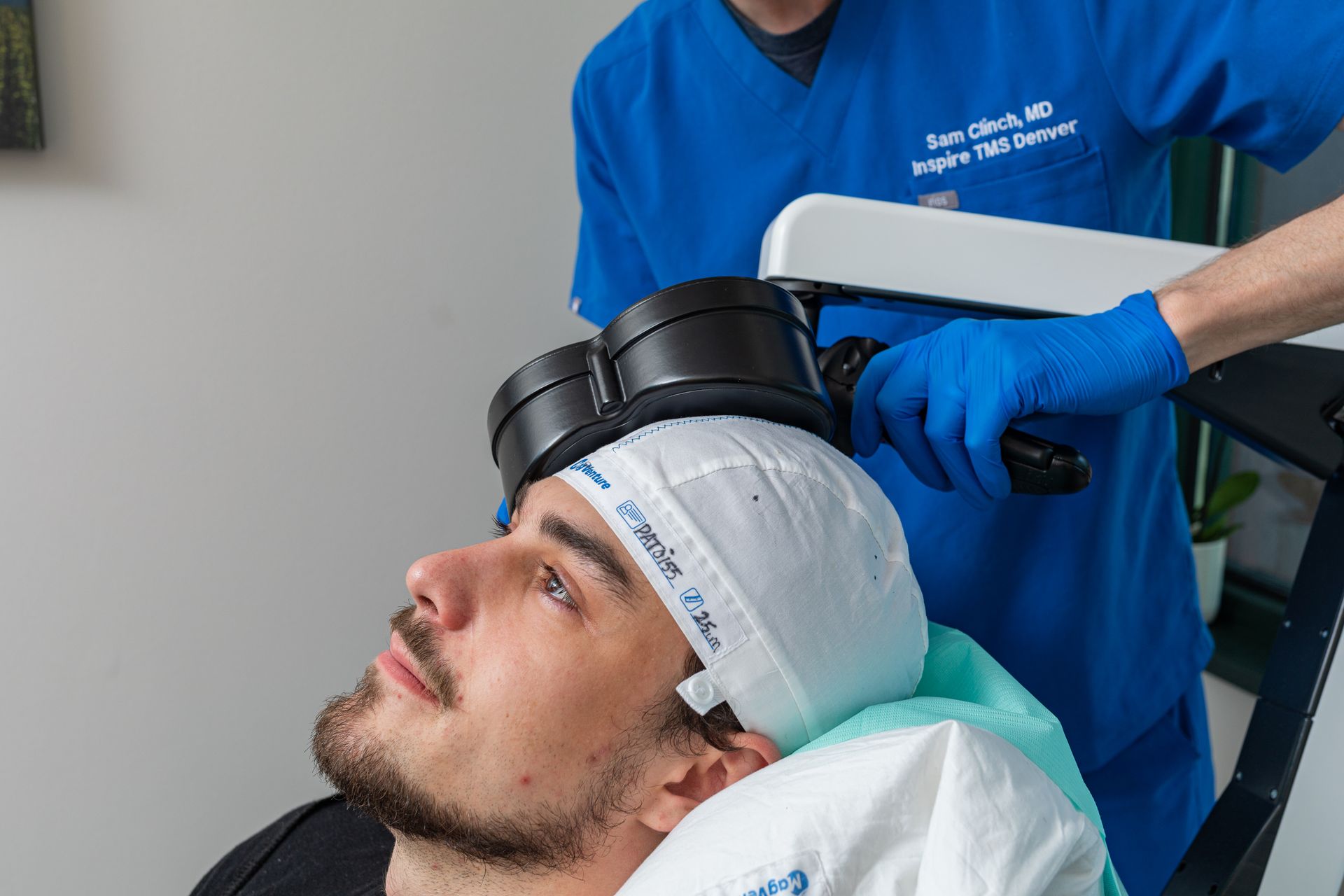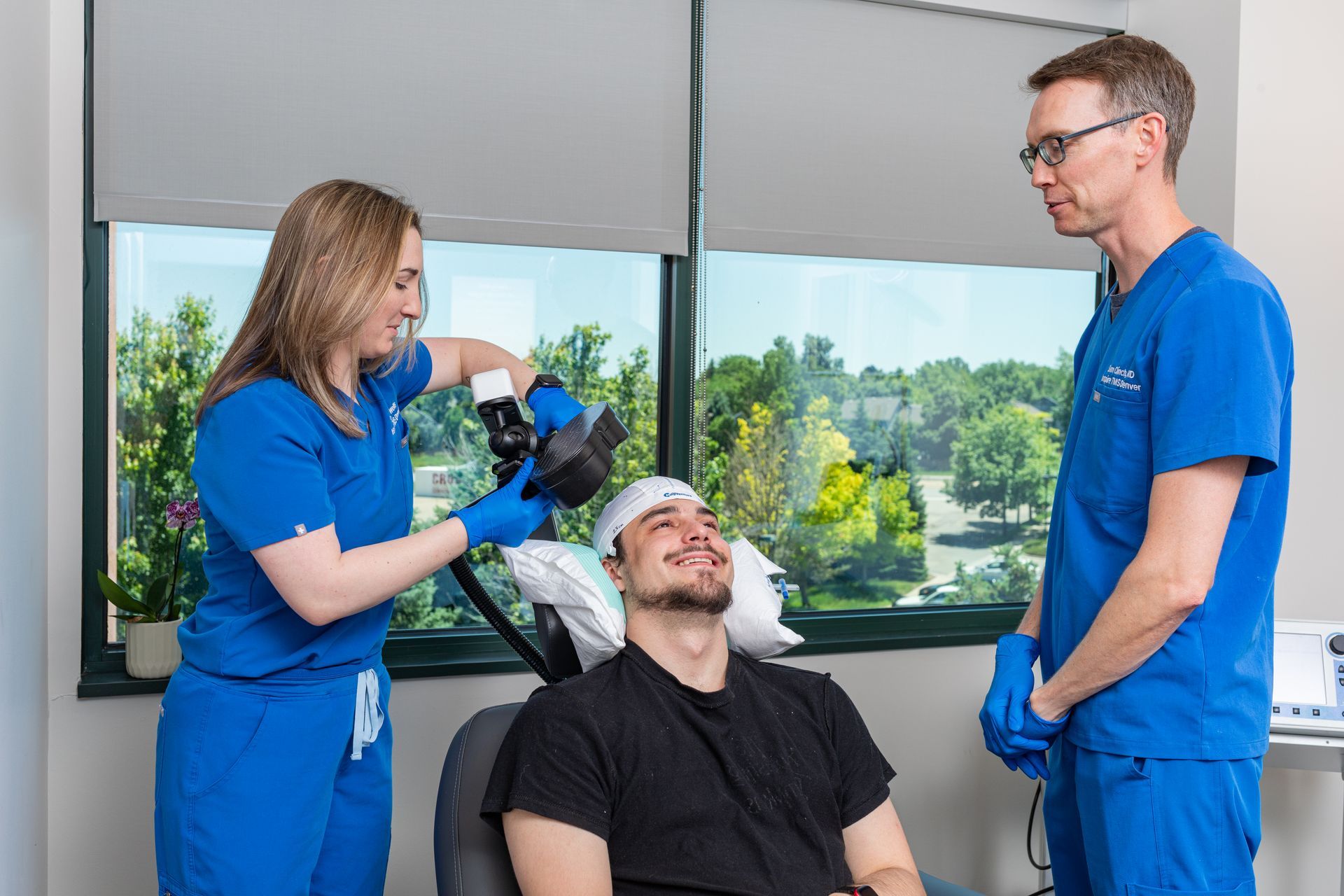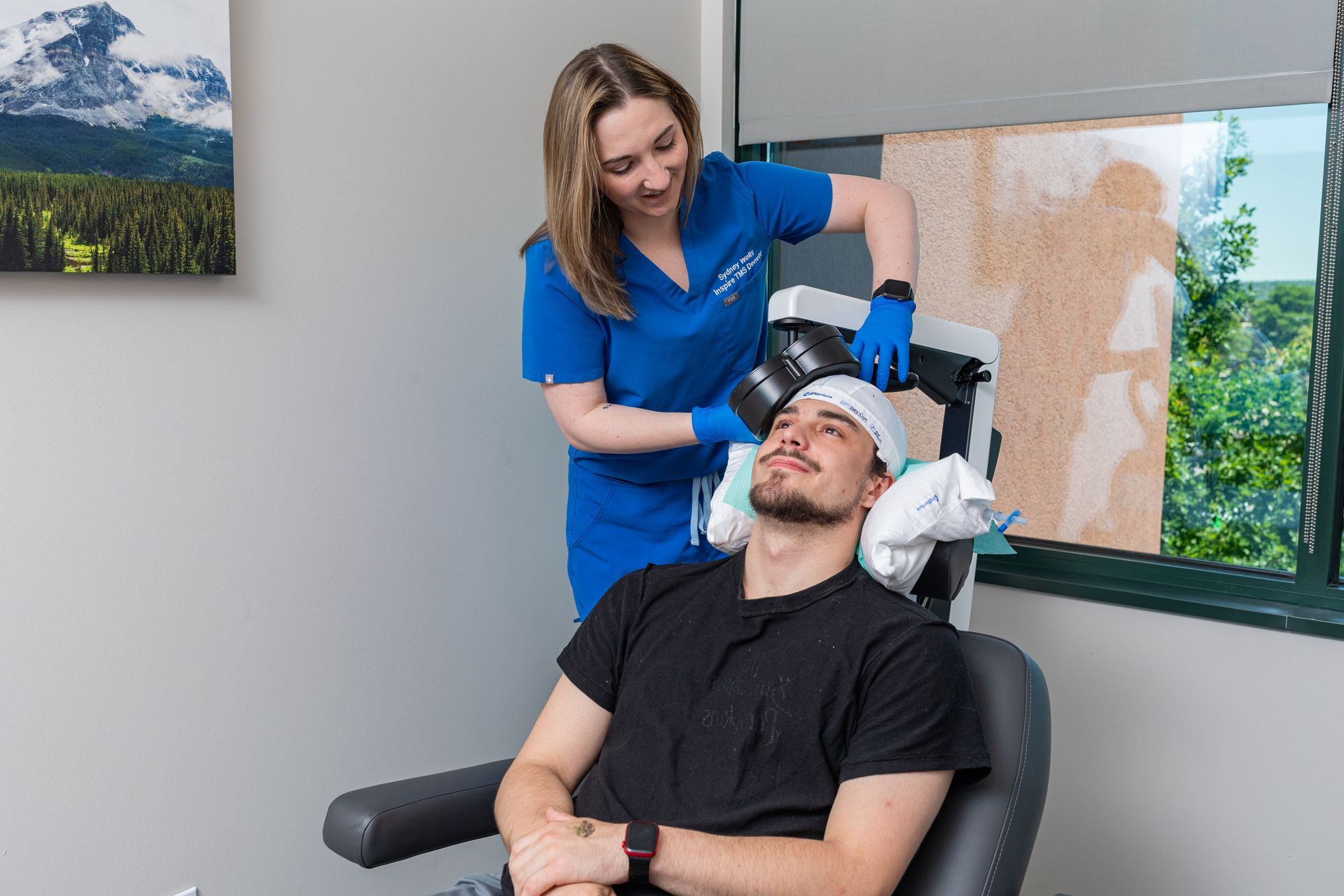Who Qualifies for TMS Therapy?
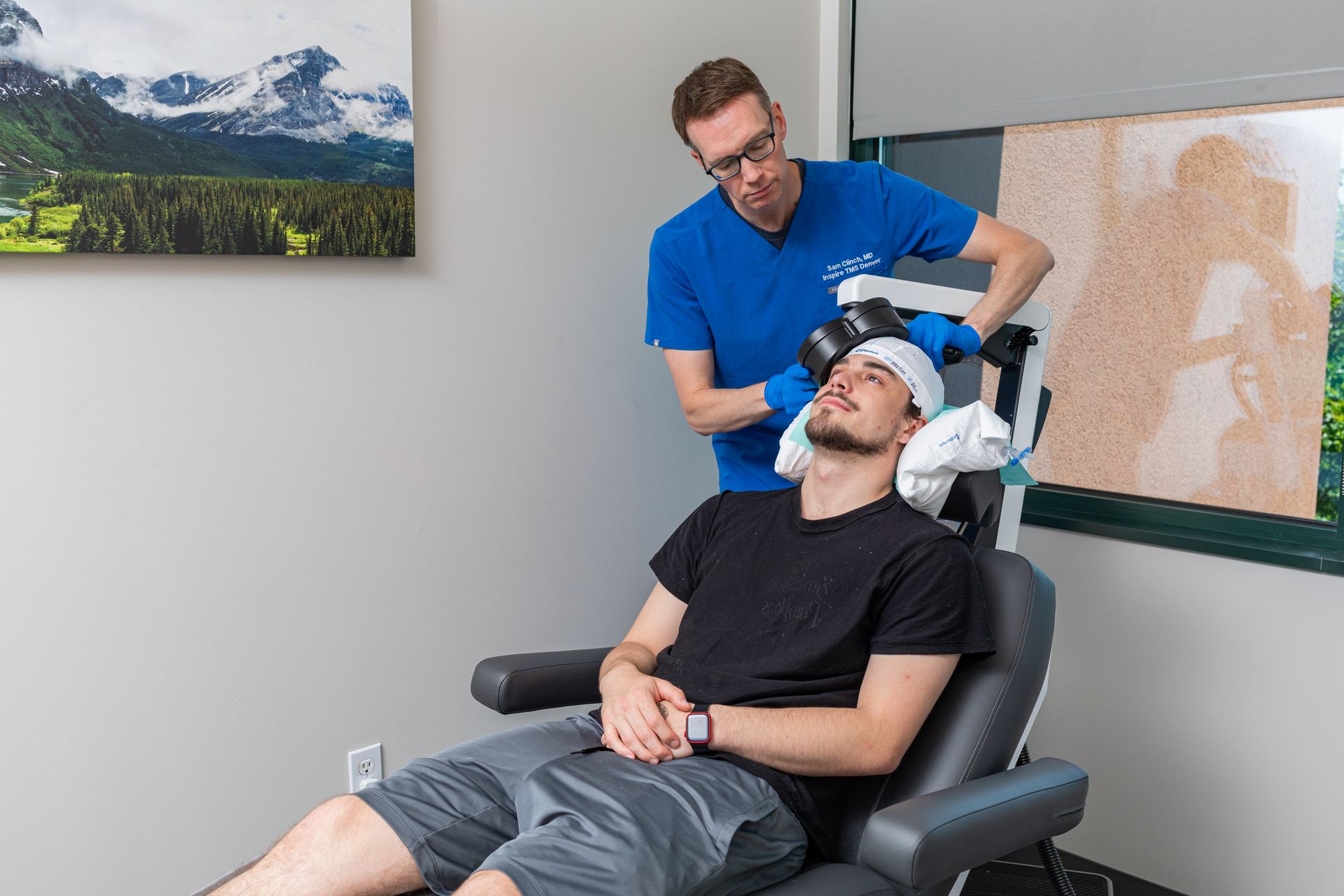
Understand Eligibility, Insurance, and Whether TMS Might Be Right for You
Transcranial Magnetic Stimulation (TMS) has become a life-changing treatment option for individuals struggling with depression, anxiety, and other mental health conditions, especially when traditional treatments haven’t worked.
But who actually qualifies for TMS therapy? And how do you find out if your insurance will cover it?
Let’s break it down.
1. Have You Tried Medication or Therapy First?
TMS is typically recommended for individuals who have:
- Tried one or more antidepressants without sufficient improvement
- Experienced unwanted side effects from medication
- Found that talk therapy alone hasn’t helped enough
If you’re feeling stuck or treatment-resistant, TMS could be an effective next step.

Not Sure If Insurance Covers TMS?
Get a personalized estimate - see if you qualify for insurance and what you’d pay without coverage.
2. Are You Diagnosed with a Qualifying Condition?
FDA-approved uses for TMS include:
- Major Depressive Disorder (MDD)
- Obsessive-Compulsive Disorder (OCD)
- Anxiety (Generalized or Depression-related)
- Postpartum Depression (off-label, but gaining traction)
- PTSD and Sleep-related Disorders (case-by-case)
If you’re unsure, we recommend taking our brief self-assessment to learn more.
3. Does Insurance Cover It?
The good news? Most major insurers cover TMS therapy - including Aetna, Anthem, Cigna, United, and more. However, there are sometimes:
- Referral or prior authorization requirements
- Deductibles or out-of-pocket fees
- Criteria based on how many medications you’ve tried
To simplify things, we’ve created a quick tool to help.
Check Your Insurance & Estimate Costs
You’ll find out:
- Whether you’re likely to qualify
- What you might expect to pay with or without insurance
4. Other Requirements to Keep in Mind
TMS therapy is not a one-time treatment - it typically involves 30–36 sessions over several weeks. You must be:
- Willing to commit to regular appointments
- Medically safe to receive magnetic stimulation (we’ll screen for this)
- Open to working with your provider to monitor results and adjust if needed
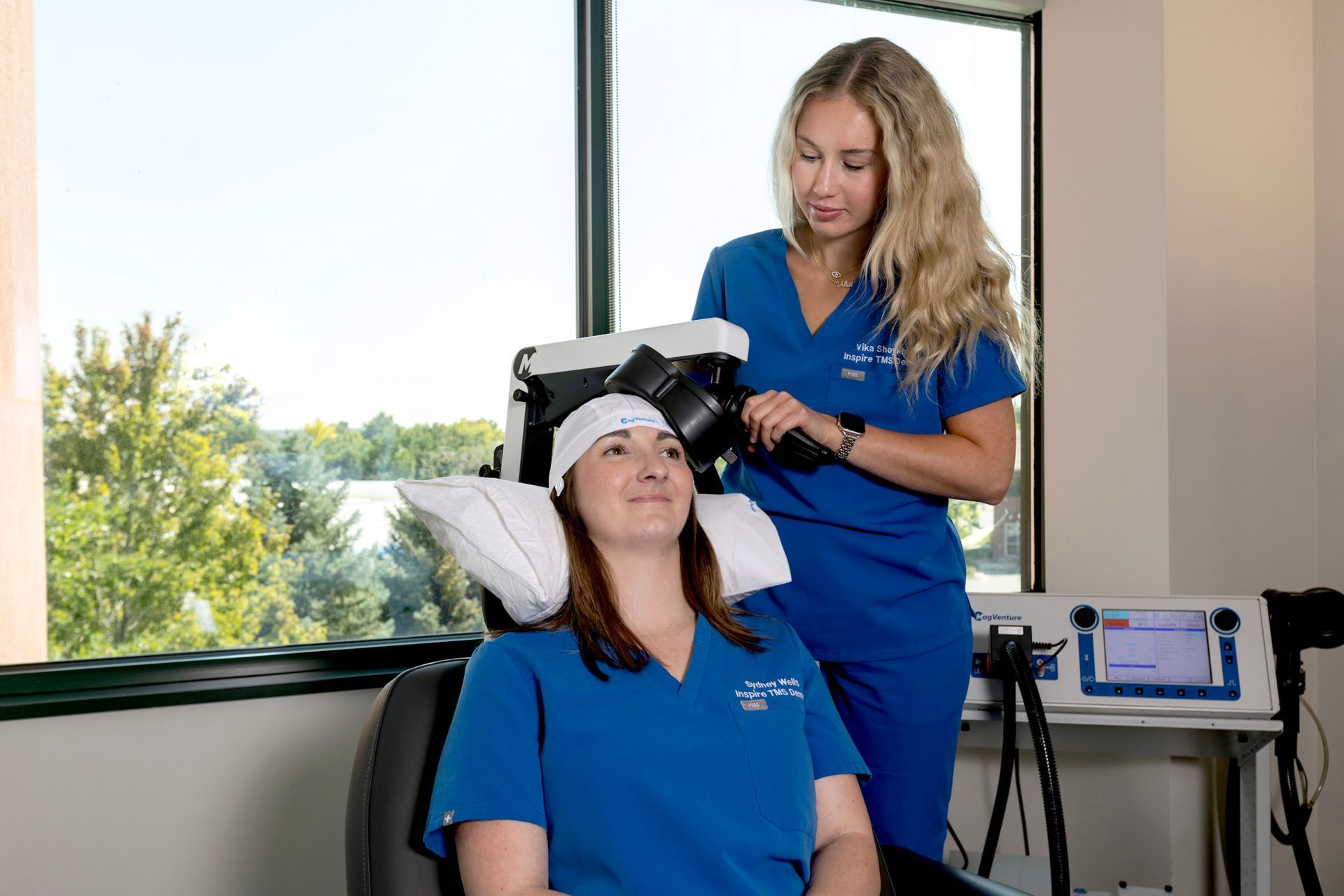
Still Unsure? Talk to Our Doctor for Free
Dr. Sam Clinch offers a 10–15 minute consultation to answer your questions, review your situation, and help determine if TMS is the right fit - no pressure, no commitment.
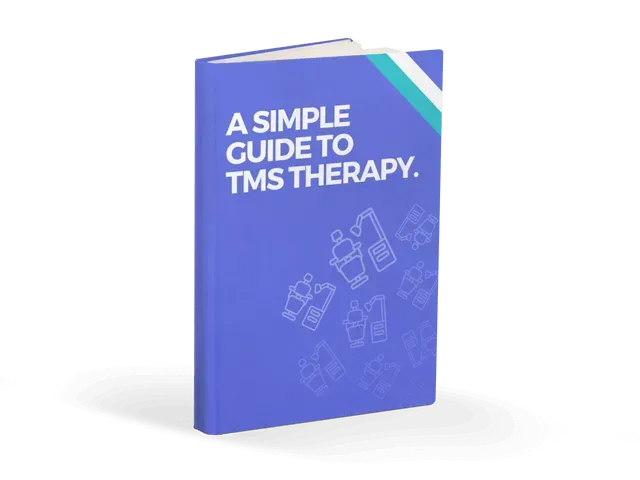
Every Question Answered
Want to know more about TMS? Check out this in-depth guide to TMS therapy with transparent and easy to understand explanations about TMS processes, protocols, and treated conditions.
Latest Posts
